By: Dr. Elizabeth Eggert
Have you been longing for whiter, brighter teeth? Make 2020 the year you pursue your dream! At Eggert Family Dentistry, we offer four effective teeth whitening methods – the Philips Zoom Whitening System, the KöR Whitening Deep Bleaching™ System, at-home custom trays using Opalescence Bleach, and Opalescence Go!. Read on to learn more about each method and decide which method is right for you.
Philips Zoom Whitening System
This is one excellent teeth whitening option we present to our patients.
- One of the easiest and most effective teeth whitening options
- Lightens teeth from 4-10 shades
- Performed in a single two-hour appointment
- At-home maintenance includes whitening trays and sensitivity management
- Results are fast and visible, typically same day!
KöR Whitening Deep Bleaching™ System
This is another effective teeth whitening option we offer.
- Restores teeth’s ability to absorb oxygen
- Can lighten up to 16 shades
- Bleaching trays are created in the KöR lab from impressions of your teeth for a perfect fit
- We apply conditioner to your teeth to prep them for home bleaching
- We “set” your shade in our office once your desired shade is reached
- You can expect little-to-no sensitivity
- With custom maintenance, results are permanent
At-Home Professionally Made Custom Bleaching Trays Using Opalescence Bleach
This is an especially popular option.
- Can lighten 2-8 shades
- Bleaching trays are created in our office from impressions of your teeth for a great fit
- Appointments are fast to obtain the trays and with bleaching at home, most people see results in as little as 2 weeks
- The bleach used is carbamide peroxide, a much more stable and higher concentration bleach than what is typically found in OTC hydrogen peroxide options
- Maintenance is easy with bleach refill kits that we keep in stock for your convenience
Opalescence Go!
Our most economical professional option.
- Can lighten 2-4 shades
- Similar to some over-the-counter products, but at a higher concentration than most options
- Comes with a convenient tray and strip application process
- Kit is available to “Go!” with no other pre-operative steps needed
If you’re looking for a teeth whitening solution that is more effective than whitening toothpaste and over-the-counter whitening strips, Dr. Elizabeth or Dr. Jeff would love to talk with you. Give us a call at 651.482.8412!
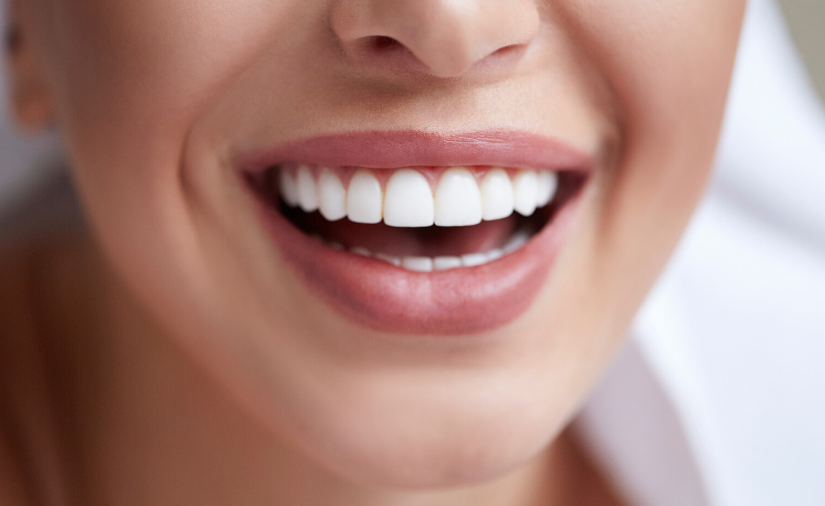
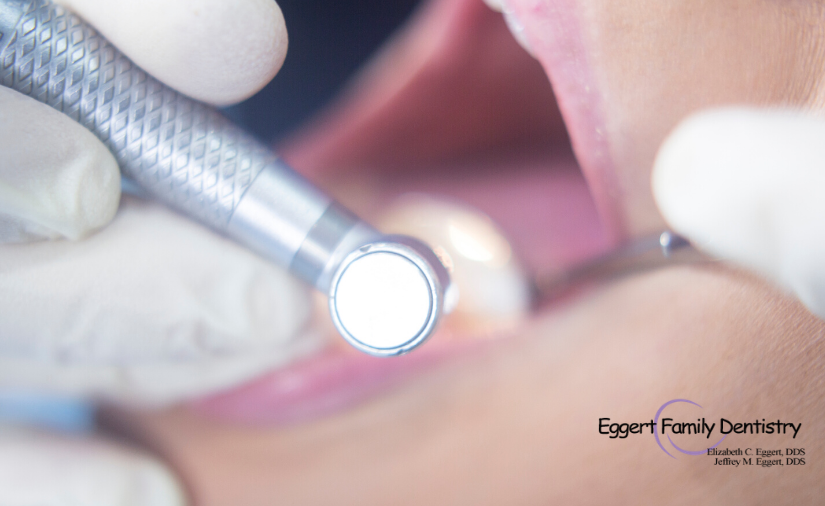





 Sleep apnea
Sleep apnea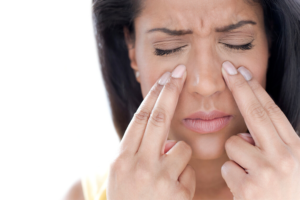 If a patient comes into our office with jaw pain, Dr. Elizabeth or Dr. Jeff evaluate many things, including the patient’s teeth and jaw. Because sinus problems can be a contributing factor to teeth and jaw discomfort, if their examination is inconclusive, Dr. Elizabeth or Dr. Jeff will refer our patient to an ENT for further evaluation.
If a patient comes into our office with jaw pain, Dr. Elizabeth or Dr. Jeff evaluate many things, including the patient’s teeth and jaw. Because sinus problems can be a contributing factor to teeth and jaw discomfort, if their examination is inconclusive, Dr. Elizabeth or Dr. Jeff will refer our patient to an ENT for further evaluation. Another common cause of jaw pain is a disorder of the temporomandibular joint (TMJ). At Eggert Family Dentistry, we most commonly treat
Another common cause of jaw pain is a disorder of the temporomandibular joint (TMJ). At Eggert Family Dentistry, we most commonly treat 
 Medications: Over 400 commonly prescribed medications list “dry mouth” as a possible side effect
Medications: Over 400 commonly prescribed medications list “dry mouth” as a possible side effect Burning sensation in the mouth
Burning sensation in the mouth


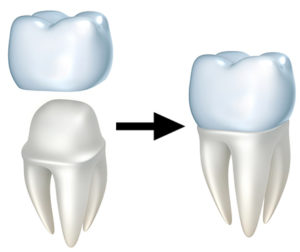 What are crowns?
What are crowns? Because the entire tooth is covered, the tooth is less likely to fully fracture or split than with other restorations like veneers or fillings. Porcelain crowns can look and feel good and can be color-matched to blend with your natural teeth. Crowns generally feel very natural.
Because the entire tooth is covered, the tooth is less likely to fully fracture or split than with other restorations like veneers or fillings. Porcelain crowns can look and feel good and can be color-matched to blend with your natural teeth. Crowns generally feel very natural.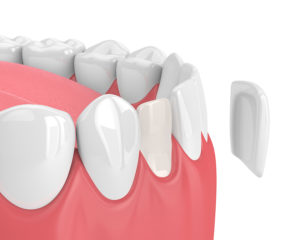 What are veneers?
What are veneers?